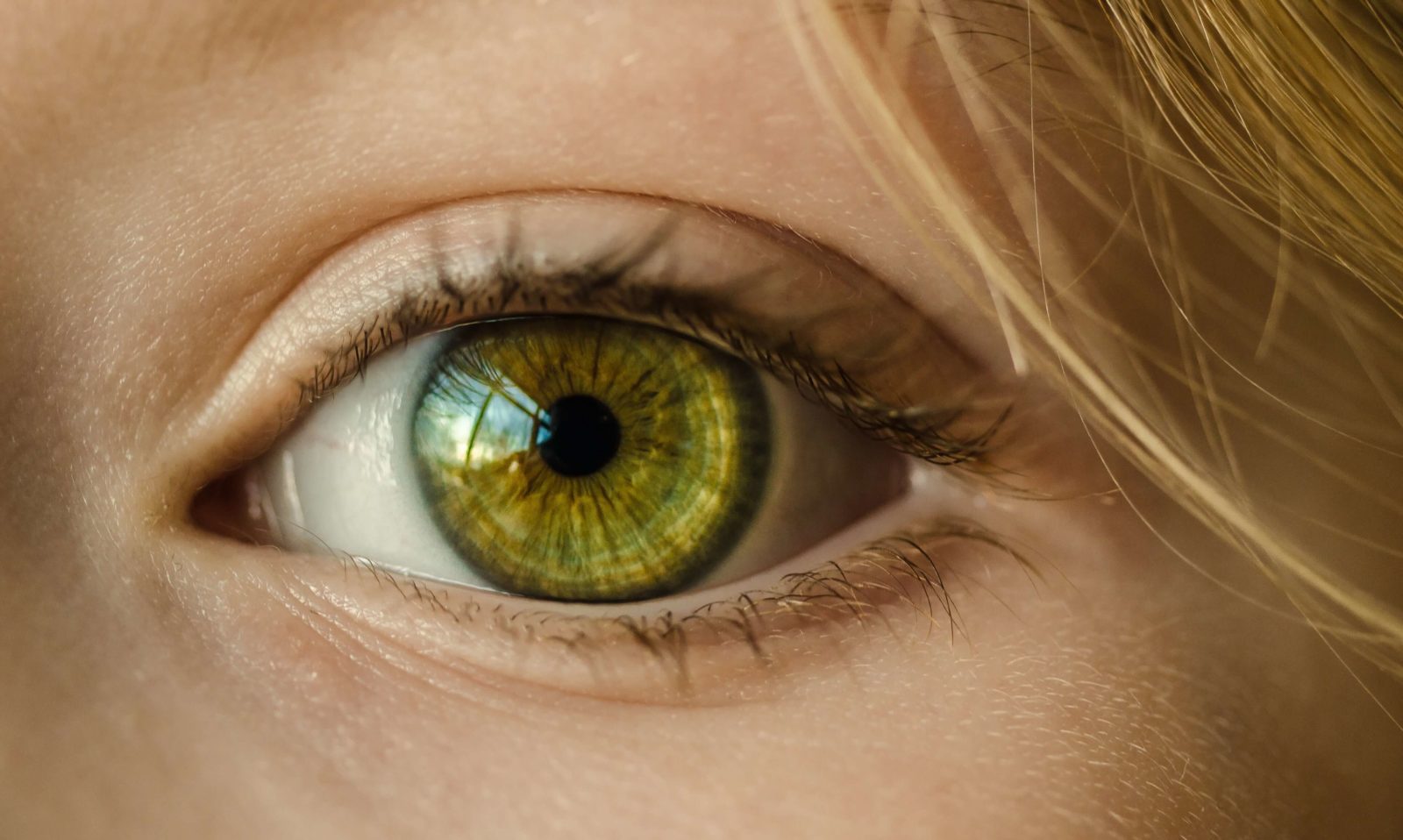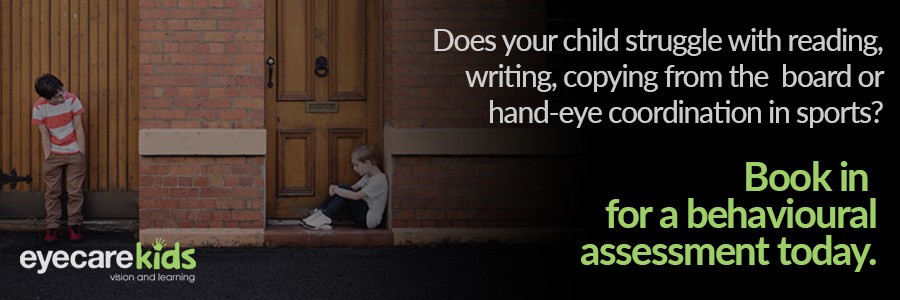Behavioural Optometry is a subset of optometry which focuses on your vision in relation to your visual demands (what your eyes need to do) to help ensure your vision is working as comfortably and freely as possible. Just because you have clear vision doesn’t mean you interpret what you see efficiently.
Firstly, we need to understand that vision is different from eyesight.

Eyesight involves being able to see an eye chart on the wall. Vision includes:
- The overall eye health
- Sharpness of sight at distance and near
- The ability to focus the eyes properly in doing near tasks like reading or looking at a computer
- The ability to sustain such focus
- Tracking eye movements in order to read efficiently
- How the brain processes visual information by interpreting what the eyes see
Hence, having 20/20 vision is certainly an important measurement of sight, but 20/20 vision does not guarantee that a person can read or see things efficiently.
Behavioural Optometry practitioners does a whole lot more than just prescribing spectacles and making sure you can see 20/20 vision. We look into…

- focussing and coordination of the eyes which can affect visual functioning capacity when reading or writing
- measurement of the change in focussing capacity (the ability to read for long periods of time, but being able to quickly change the focus when you need to look up at the board)
- treatment and assessment for lazy eyes or eye turns using spectacles or vision therapy
- assessing and treating the ability of the eyes to follow a target and not skip words or lines when reading
- visual perception and processing capabilities to ensure they are at the appropriate level in which their brain processes what they see
- assessment and sometimes management of visual issues due to health and neurological issues such as stroke, head injuries and concussions
Behavioural Optometry practitioners focus on looking at everything as a whole and can also help prevent, protect and enhance your visual system to function as well as possible.
The main goals of Behavioural Optometry are
- preventing eye and vision problems from developing or deteriorating
- providing treatment for vision problems that have already developed
- ensuring visual abilities in the classroom, workplace or any other environment are developed as well as possible

